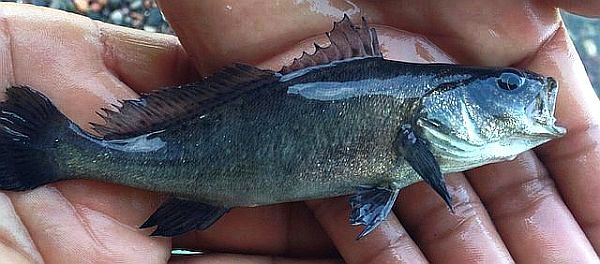Baja California, Mexico - Representatives from the Mexican, Chinese and United States governments will meet in Ensenada, Baja California, this week to discuss strategies to combat the demand and trafficking of the endangered totoaba, whose fishing has also critically endangered the vaquita marina porpoise.
Totoaba swim bladders are considered a delicacy in several countries in Asia, particularly China, and their trafficking has become a lucrative business. Some people believe that the bladders also have medicinal and aphrodisiac properties.
 |
More than 40 officials who work in areas including environment, fisheries, customs, trade, law enforcement and national security are expected to attend the trilateral meeting to be held from August 23 to 25. The objective is to coordinate the capacities of each country and develop a shared strategy to combat the illegal practice.
Topics on the agenda include the sharing of information and knowledge about totoaba trafficking, illegal shipments, seizures and current investigations.
Mexico hopes that a memorandum of understanding will be signed before the end of the year to formalize inspection and vigilance procedures between the three countries.
This inaugural meeting has been planned for some time with the federal environmental agency Profepa initiating discussions with the relevant Chinese and U.S. agencies in 2015.
At a meeting about the Convention on International Trade in Endangered Species (CITES) in South Africa last year the three countries accepted recommendations to cooperate to combat the illegal totoaba trade. The United States is included in the talks because it is a common stopover for the swim bladders en route to dining tables in Asia.
In 2014 and again this year, Profepa requested purple notices from Interpol aimed at facilitating the detection of illegal totoaba shipments and it has also shared a totoaba identification guide with the organization in Spanish, English and Mandarin versions.
A permanent ban on gillnet fishing went into effect in the northern part of the Sea of Cortés earlier this year in an attempt to stop illegal totoaba fishing but also to protect the endangered vaquita porpoise, a measure sought by actor Leonardo DiCaprio.
Original: Mexico News Daily • Source: Excelsior


